by kdwyer | May 28, 2017 | General, Uncategorized
 This Memorial Day we pay tribute to our fallen veteran’s contributions to American freedom. It reminds us that the phrase “Freedom isn’t Free” is not just words, but a value. With this value, some very important things have been accomplished by a small number of people for the benefit of many.
This Memorial Day we pay tribute to our fallen veteran’s contributions to American freedom. It reminds us that the phrase “Freedom isn’t Free” is not just words, but a value. With this value, some very important things have been accomplished by a small number of people for the benefit of many.
When I see the U.S. flag, I see every color in the fabric as a part of their story and part of their commitment to me and to you.
The way we honor those who’ve sacrificed for us and our country is a measure of our heart. Not only must we be thankful for the freedoms that we have and remember the sacrifices and courage that the fallen veteran has made, but we also must honor their families who supported the efforts for peace and freedom. For without their family’s dedication, those heroes may not have been able to achieve their unselfish deeds.
When you see a Veteran, ask them to tell their stories
Veteran’s stories can enrich your family. Be prepared to save the stories….write them down, record them, tell them to one another. Younger generations are interested to know what it was like.
You may be surprised when you interview a veteran to find that life in the military has many facets beyond war experiences. Friendships, humor, and revelations are more the norm.
Thank you for taking the time to honor our veterans and their families by asking for and listening to their stories. In this way, we never forget their deeds or their sacrifice.
Look for our book of tips on interviewing veterans, coming soon. Sincerely – Kit Dwyer
by kdwyer | May 12, 2017 | General, Uncategorized

New Design! – This week we are excited to share our new web design and logo! We hope this will help you to better discover valuable information and services.
The open-hand represents the precious holding of stories that are shared. The memories we capture are handled with great care, love, and respect. Each life story is a unique resource on which generations to follow can build their future.
The Leaves are little gems from a larger treasure – all the things I love about trees!
- Stem and vein patterns remind us that we are a part of life’s web, all interconnected.
- Leaves have infinite shapes, sizes, colors, and combinations of colors that change over time, like us and our stories.
- In science, we learned that leaves breathe in their surroundings and exhale life-giving qualities. Scientific studies have also shown that by sharing family stories, next generations gain a good emotional foundation and resilience to life‘s challenges!
When I was little, I learned to preserve leaves and flowers by selecting the best gems, drying or pressing them inside books, describing them, and artfully arranging them with photographs and drawings. Having a background in biology, I also understand how dying and dead leaves contribute to the nourishment of the next generation of living things.
What a perfect metaphor for the preservation of our life stories!
What’s in the Name? “Firsthand” is part of our company name because our ultimate goal is to preserve people’s unique voice, their words of wisdom and experience from their own telling. “Memories” are the individual stories, which no one else can tell. If you’ve read a little about me, you know that my mother, like so many others, lost her memories to Alzheimer’s disease. I became all too well acquainted with the fleeting nature and priceless value of memories, realizing that unless we take steps to save them, we may deeply regret waiting too long.
I hope you enjoy the new design as much as we do! (Kit Dwyer)
by kdwyer | Mar 5, 2017 | General, Writing
Have you lost, or lost touch with, someone who was an extraordinary influence on your life?
How do you hold onto that influence, long after they’re gone? Writing and speaking your thoughts about that person can bring them back into a view for you.
The following little piece was originally written just for my own reflection. I am sharing it with you now, in hopes it may inspire you to capture the qualities of the strong influencers in your life.
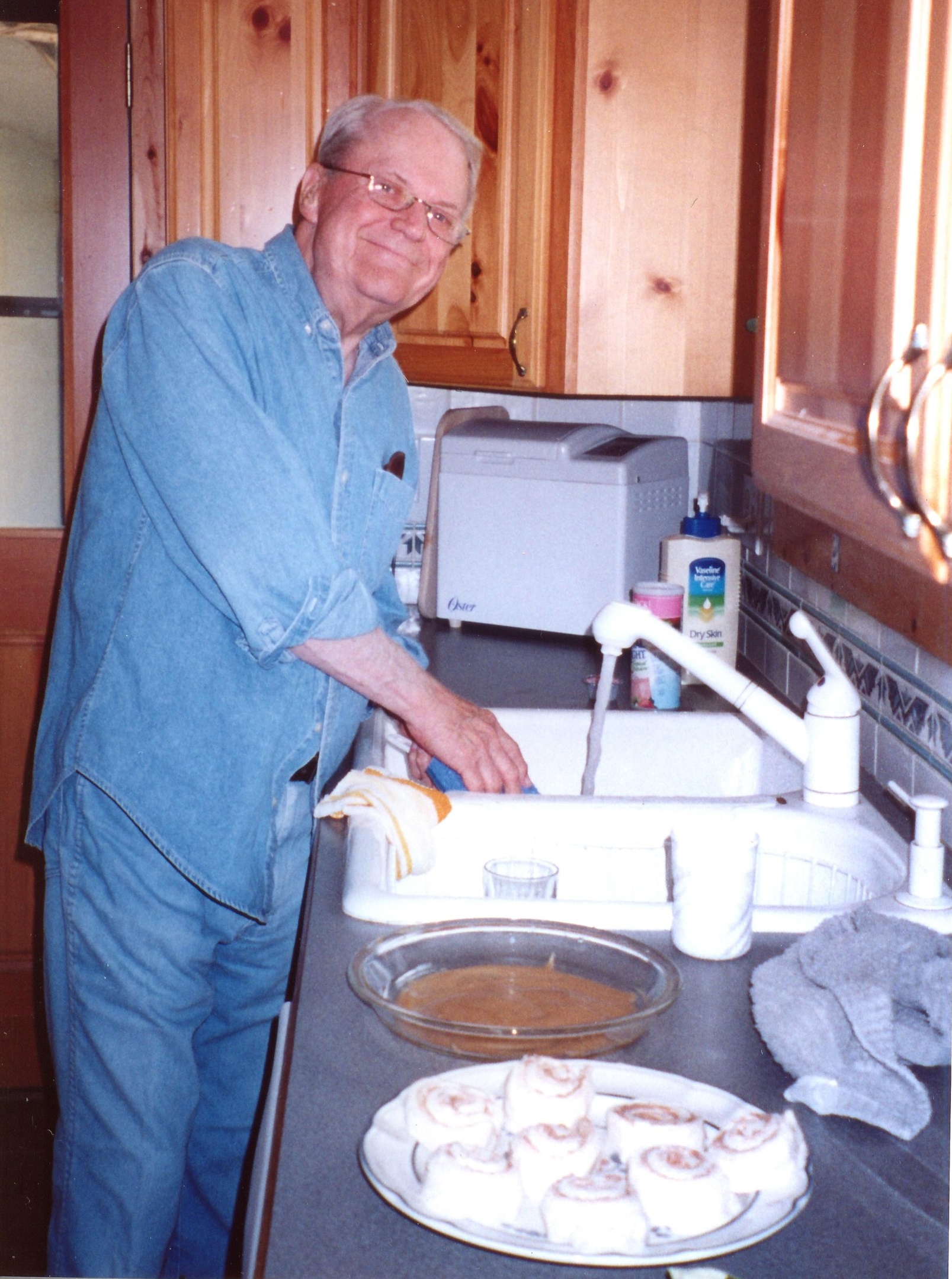
My Extraordinary Dad
My Dad was Extraordinary
“ Even though I saw him doing only ordinary things, the ‘extra’ of my dad’s ordinary life was the care given his family and of living his life with integrity.
He was a very humble man, so I never heard directly about any accomplishments outside our family. I have always regretted not being able to interview some of his early friends and colleagues so that I could have understood more about his hidden deeds.
What makes a person extraordinary, though, is not always larger-than-life deeds. To me, extraordinary living is having a strong vision, where you hold fast to your dreams in the face of uncertainty. It is being calm in the storm, seeing the good along with the bad, taking notice and sharing your notice, of small blessings along the path you have chosen.
My dad was a teacher/storyteller to me. His perspective influenced the way I react to things in my life. A voracious reader, he knew a little about a lot of things. He delighted in repeating a joke, explaining how a process worked, and especially clarifying the importance of honesty. When I would ask him how he knew about so many things, he would say, “Well, I read, and I read a lot!” True to his explanation, most evenings one could find him reading newspapers and books.
Coming from a household of 11, where having anything of your very own was scarce. He often considered something a luxury that might be considered trivial by another. Because his family was always “making do” with what was available, when he moved away from home, he remembered relishing the opportunity to eat a whole chocolate candy bar without sharing it.
I think my dad learned early on that there is exquisiteness in the natural world. His most memorable stories included accentuated descriptions using whichever of our senses allow us to experience those wonders. I hardly remember a private family time when he didn’t express how he appreciated the world around him – how good the air smelled, why the stars twinkled, how soil sustained, tastes elated, cold penetrated, flowers surprised, birds mesmerized, or the sea awed.
I was being taught to notice and have gratitude for small successes in life. He told stories like: when we taste a new food, it is a gift to our noses, and to all the thousands of tiny taste buds on our tongues, sending signals to our brains; or he would say: see that light from the stars? It has traveled billions of miles through space, in a straight line, to reach our eyes! His storytelling body language was intriguing too. When he told stories, it was with a slight whisper of excitement, making you want to lean in to grab the best morsel of a shared secret!

I would say my father was also a sensitive man, for the stories did not stop at the wonders of nature. I remember stories with themes like the human heart, emotion, and drive; patriotism exacerbated by war; the downfall caused by greed; the heroism of service; loyalty of a dog; love for another.
At times, his eyes held back tears – maybe not from heartfelt wonder or love, but rather, an unspoken sadness. In the end, I wasn’t sure if they were tears of hopelessness; as if deeply troubled, unwilling or unable to share his deepest fears, or take solace in the abundance in his midst.
May you rest in peace, my steadfast hero, loyal provider, stayer-of-the-course. I am so fortunate to have been taught by you how to appreciate the world, feel love, and to walk with head high.” (Kit Dwyer, 2010)
Treasured Memories
I treasure the memories of many people who have influenced my life. Writing about them memorializes my version their story, unlike the stories that anyone else knows.
Have you saved a story about an extraordinary influencer in your life?
by kdwyer | Feb 20, 2017 | Organizing
Discover “buried” treasure when downsizing, decluttering, or purging items from a household or estate.
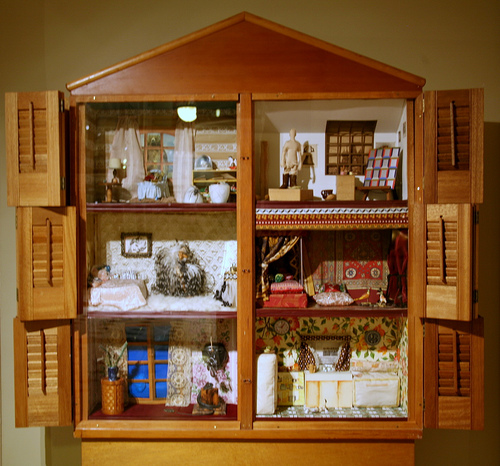
Did you know?
- Past generations (and even some present ones) often had the habit of squirreling away and hiding treasure in the home.
- It’s smart to employ a little patience and do some detective-like sleuthing before tossing items to trash or to the donation box.
Why? There are many reasons why someone might tuck away personal items of value in the home:
- Distrust of Banks and Safe Deposit Boxes
- Postponing a Decision
- Ease of Access
- Hiding From Discovery
- Purposeful Saving
- Being Forgetful or Disorganized
Unlikely places of safekeeping and stashing a cache have been used for hundreds of years. Below are a few true stories that illustrate.
Proudly Saving
I remember my mother telling me that, she lived most of her life in a time when not many women worked outside the home. She, like her mother and grandmother before her, scrupulously saved a few dollars or cents out of their monthly household allowance. The custom in those early years was for a working husband to dole out an amount from the family budget to the wife, for her to run the household. For many wives, having any of the allowance left-over, was not an easy task.
Mom would regularly gather together her saved money to build up the contents of her “secret” little white envelope. This envelope was hidden on the side of an old jewelry box at the back of her underwear drawer. The “secret”, she explained, wasn’t from my dad, the secret was from her own mind! “Out of sight, out of mind”, she would say. “If you don’t see it, then it becomes a wonderful surprise when you need it, and there it is!”
Mom was so proud of this purposeful saving in her secret envelope! She said that having that cash gave her a deep sense of independence and power. It meant she was good with money and knew the value of it. It allowed her the pleasure of being able to buy special presents for her family whenever she wanted, without having to ask my father for extra money. And sometimes, when they would plan a vacation, she would joyfully show my father how much she had saved, so they could use it for extra spending-money on their trip.

Safe Keeping
A friend of mine told me a story of having received a beloved gift of a gold ring containing all the birthstones of her family members. One time, she was wearing the ring when her family took a vacation to Mexico. Rather than attract undue attention when out to dinner in public, her husband suggested she leave the gemstone ring inside a rolled-up pair of socks inside her suitcase in the hotel room. After her trip, my friend didn’t have occasion to wear her treasured ring for quite a while and it remained inside the sock roll.
Months later, when the family was helping to do a major decluttering project, that rolled-up pair of socks must have been perceived as “old” and somehow got tossed out! When it came time to wear her special ring again, those socks were nowhere to be found. Sadly, her treasured jewelry is gone forever, probably laying in a landfill.
Hiding From Discovery
Another friend told me the story of her siblings helping their aging parents move to a smaller house. A few of the sisters took many boxes of her mother’s old clothing to a thrift store supportive of a special charity. A few weeks later, a worker from that thrift store recognized one sister on the street and stopped her. The worker exclaimed how grateful they were at the shop, to have found over $400 in the pockets of that donated clothing!
Top Tips for Finding “Buried” Treasure
- Pause Before You Purge – Take extra time before you toss away or put that old sweatshirt in a donation bag, search the pockets. You might only find lint, but you might find something else entirely!
- Look in Small Spaces – When you, your friends, or other well-intentioned family members, are helping to clear away ‘the junk’, check the small spaces for figuratively “buried” treasure. Look inside pages and behind the books on shelves, between mattresses and other hiding places you can think of around the home.
- Reach in – Use a flashlight, reach to the back of drawers, the bottom of a sock, coat pocket, small envelope. The shoebox on the top shelf may reveal a pleasant, or at least curious, surprise!
- Ask for stories – When cleaning out spaces of others, it’s important to ask people who knew the person for any stories or memories they have about the home or items you are contemplating to purge. Ask “What do you know about . . . ?“, just like you may have heard on the Antiques Roadshow television show. That ugly old vase might actually be a collector’s item!
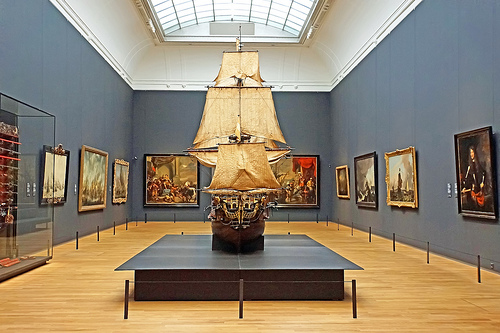
What Surprises Have YOU Found?
Do you have a story to share about a lost or found piece of memory? Please share your large or small find in the comments section. I would look forward to hearing from you!
When you do find a surprise, I hope you are able to snag the owner quickly to capture the story behind it. But, if that person or story is no longer available, you might let your imagination run wild!
by kdwyer | Nov 4, 2016 | General
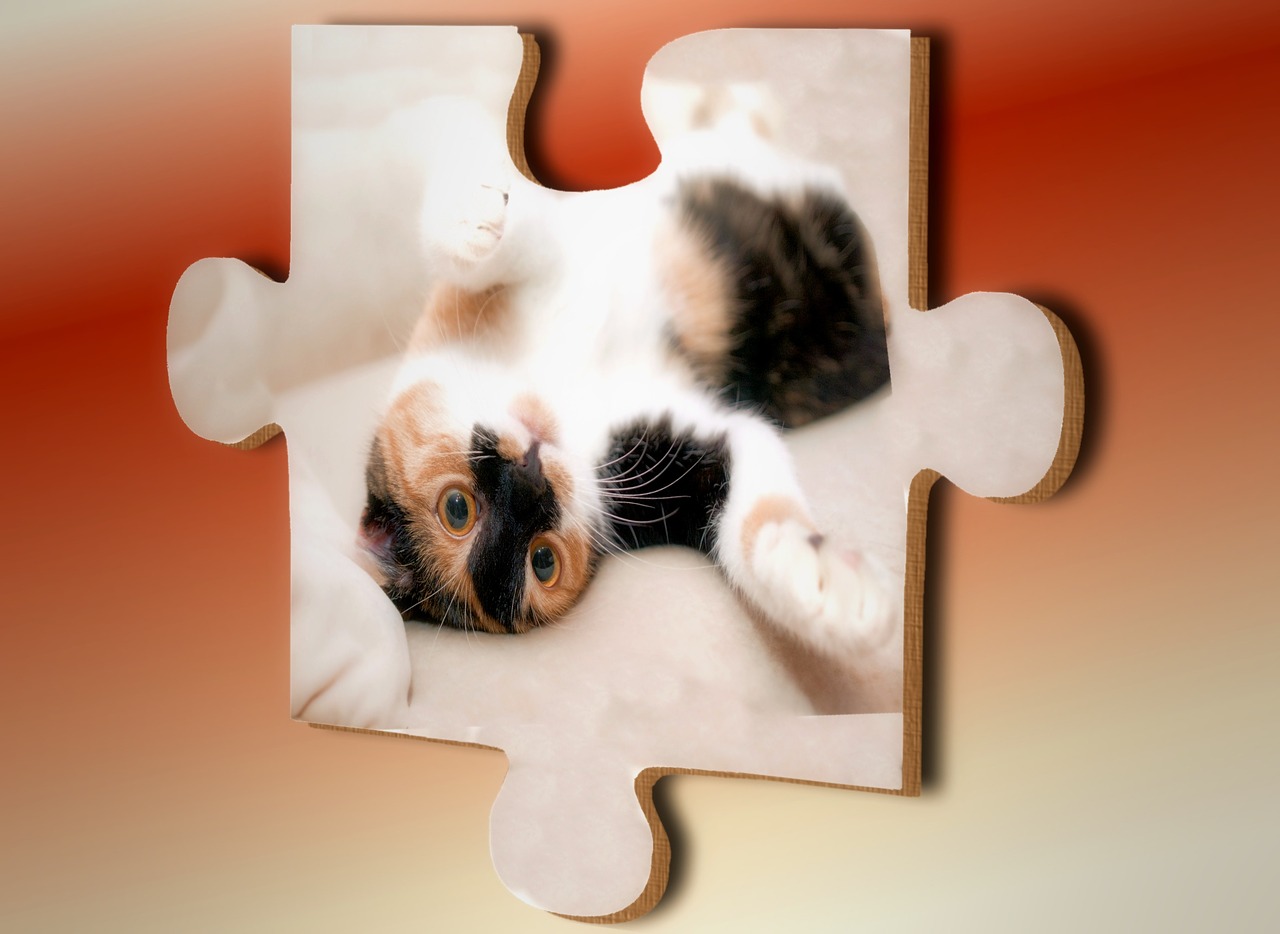 Why Should We Share Memories?
Why Should We Share Memories?
Not only are we finite, but each perspective is unique! I’ve outlined seven reasons why saving and sharing memories is important…. Do you have more?
1. Put Names and Stories with Old Family Photos
Preserving old photographs and early home movie footage allows us to visualize the past and get to know family members that we’d otherwise never get to meet. Most older photographs were, considered an investment of time and money and were reserved for special events and locations. Reviewing the names and dates that go with your family photos can help piece together a broader family or business history.
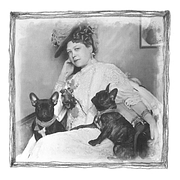
2. Share Wisdom & Lessons You’ve Learned
What were the things that influenced the decisions in your life or business? Future generations will learn a lot from knowing how things came about and why.

3. Celebrate Pride & Gratitude |Honor Deeds |Leave a Legacy for Future Generations
Honoring the deeds of important people in your life is another aspect of legacy writing. Your thoughts and perspectives can be documented in ethical wills, legacy letters, and memoir books. Audio and video recordings are also ways to share the stories about what was important to you.
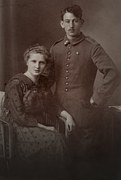
4. Connect Generations |Bring Life to the Family Tree
When you tell the stories behind the people in your ancestry, future generations are better able to understand the circumstances, character, and personalities of those that came before them.

5. Bear Witness to Events that Affected Many |Tell Your Side of the Story
Sometimes there is a hidden side to an event or story that can be uncovered. Opening a wider perspective can create understanding and respect of what happened in the past.
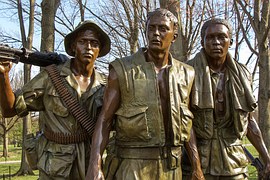
6. Contribute to History |Give Back to the Community
Your story is unique and valuable as part of the community in which you live or come from. Many historical societies and community organizations are looking for personal histories to fill their archives.
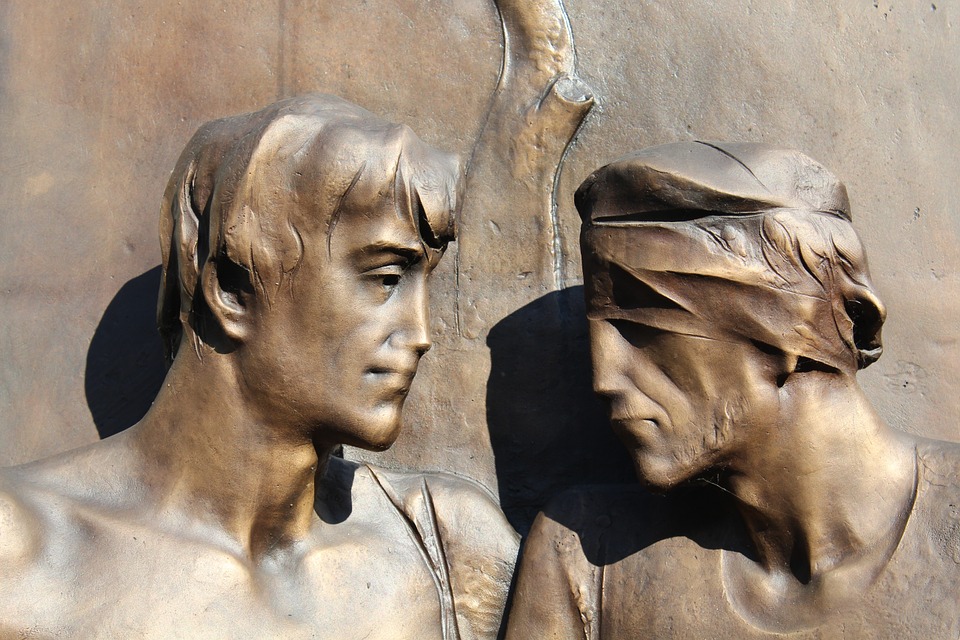
7. Gain Insight into Forces That Shaped Your Life | Find Direction for the Rest of Your Life
Documenting how life’s struggles were overcome can be cathartic. Gaining these insights can be healing to both individuals and families.

 This Memorial Day we pay tribute to our fallen veteran’s contributions to American freedom. It reminds us that the phrase “Freedom isn’t Free” is not just words, but a value. With this value, some very important things have been accomplished by a small number of people for the benefit of many.
This Memorial Day we pay tribute to our fallen veteran’s contributions to American freedom. It reminds us that the phrase “Freedom isn’t Free” is not just words, but a value. With this value, some very important things have been accomplished by a small number of people for the benefit of many.





 Why Should We Share Memories?
Why Should We Share Memories?





